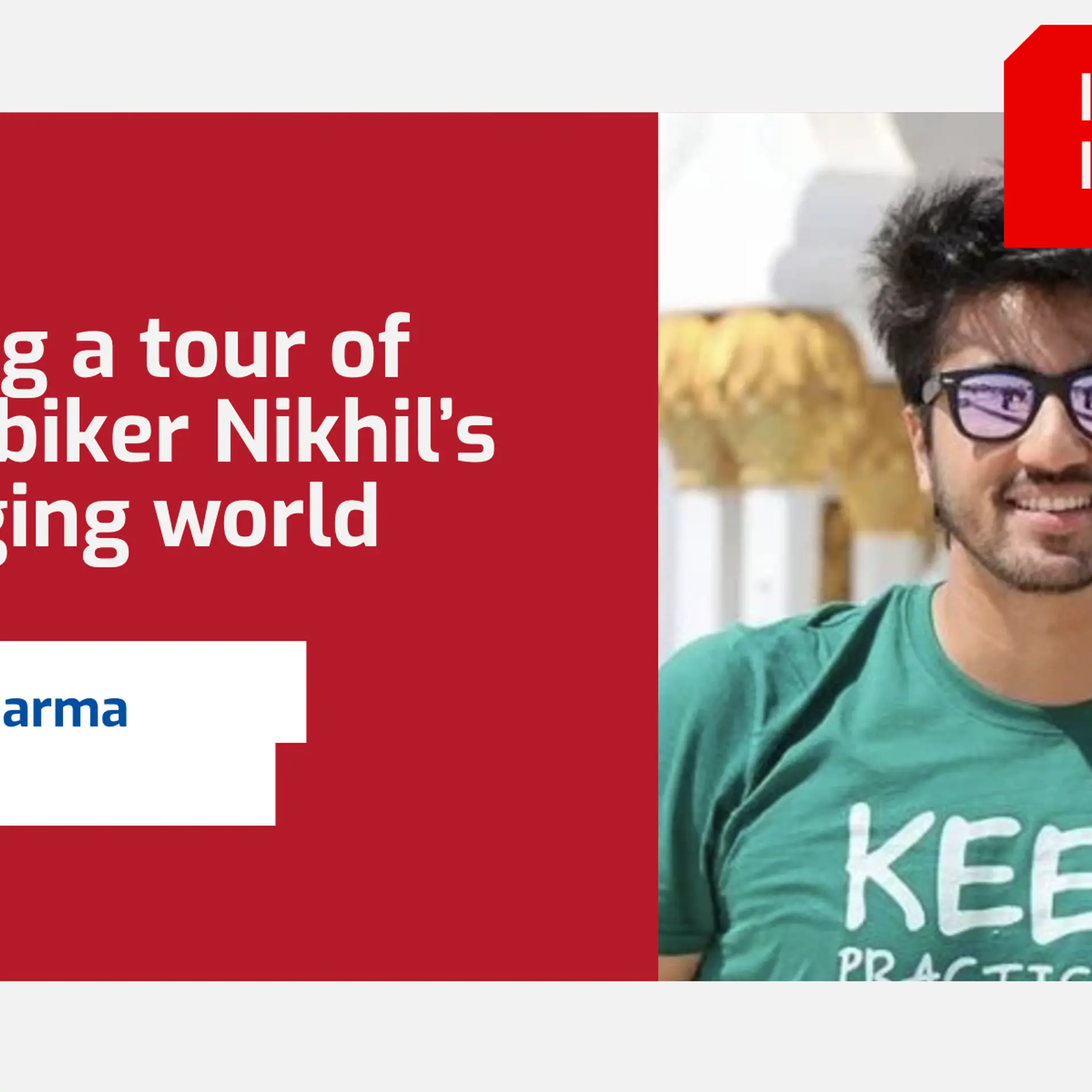On Valentine’s Day, how to give your relationship a new start
One cannot love another without loving oneself first. We have all heard this but don’t practice it often enough. On Valentine’s Day, see what self-love can do to your relationship.
For many couples, February 14 is another excuse to celebrate their love in a way that feels meaningful and fun at the same time. But over the last decade, we have witnessed that this day has turned into a trigger that burrows deep into the womb of repressed and unspoken feelings of unworthiness coupled with resentments which are often manifested in passive-aggressive acts.
Each year, when the calendar flips over to February, we notice couples struggling with the flashy reminders of the looming international day of love while sometimes the timeline of expectations and not being in touch with their true selves hinders the flow of love more than they even realise.
It gets difficult to accept love when we are not mindfully connected to ourselves and not very acknowledgeable of the fact that we are in a partnership with something bigger than just what involves our physical being. What we need to understand is that loathing for what we don’t have and judging the love we feel we couldn’t receive is not going to do anything positive for us.

Everything that lights up our soul comes from love. This Valentine’s Day, let love be a reminder that serves the thing which propels courage and action as you dive deep to look within you.
An important concept that doesn’t receive enough attention on Valentine’s Day is the concept of self-love. So, this year, make a pact with yourself to practice self-love. Having a healthy relationship with yourself will create a strong backbone for other relationships in your life. Start with yourself.
Self-love
On top of the date night details, you should also be figuring out how to practice self-love this Valentine’s Day. As they say, falling in love and the notion of being all in is so powerful that it can feel selfless on its face. Honestly, we have been profusely taught to love on an unhealthy and slippery slope that lacks the notions of boundaries. But let’s settle on “you can’t love others before you learn to love yourself first.” It’s a hard pill to swallow, but it certainly allows for logical decisions and the application of self-love, which can amply be reinforced in times when our emotions take full control.
Therefore, it’s important to recognise and thoroughly realise how self-love affects the love we give and receive from other people. Don’t limit yourself as an emotional beggar; instead, fill yourself with self-love from the inside-out.
Make conscious choices
We are often pestered by the question, “How can we become our best selves both in and out of relationships?” The most simple answer to this constant dilemma is to be honest to yourself. It’s rather directive to know and understand the state of your relationship, for instance, if you’re worried about your current relationship status and want to work on it. Get to it; don’t wait for things to settle down or you may regret in the long run.
On the other hand, if you’re unhappy in your relationship and have doubts about your future, it’s advisable to get out of it before the toxicity affects your mental disposition. It’s always important to put your mental health first rather than constantly struggle in an emotional rut. It’s an interesting world out there, find someone who can make you happy and provide you with new opportunities for self-expansion, not limited to just navigating relationship rapids.
It’s time that you take your love back from those who have hurt you; from those who never felt it was important to understand how to protect someone who cared as deeply as you did. It’s time that you fixed those pieces, the shards of hope and heart, and believe in yourself - that you’re worthy of knitting yourself back. We promise, you’ll bloom in full glory.
(Edited by Evelyn Ratnakumar)
(Disclaimer: The views and opinions expressed in this article are those of the author and do not necessarily reflect the views of YourStory.)








